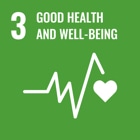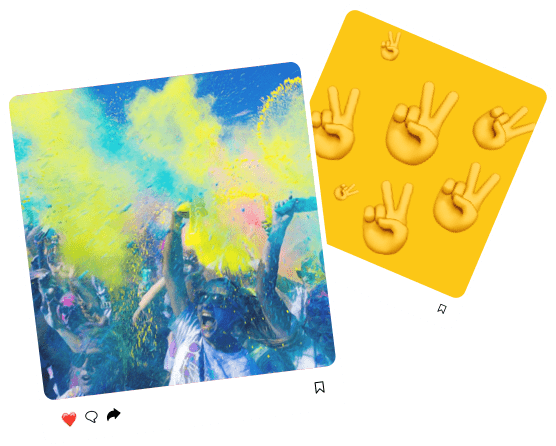
We have three main goals: Firstly, we want to start some conversations about the level of dependency among young people on technology. Secondly, we want to create some tools to help people ‘detox’ or reduce their daily consumption. We are aiming to create an app which young people can use on their phones to keep track of technology time and convert activity time in ‘earned’ technology time. I will discuss this in more detail further in the project. Finally, we want to roll out our program to the schools in our area and even further afield.
Our Social Issue
Our project is called ‘Tech Addiction, Make it Fiction’ and it focuses on the current and serious problem of technology addiction among our young people. As a class, we are extremely concerned by evidence of this phenomenon which we witness each day; from kids being handed iPads in restaurants, to seeing 7 year old children with their own €1000 brand new iPhone which Santa brought. Children are missing whole chunks of their childhood as their heads are buried in phones and iPads. We want to change this.

Why We Chose It
We chose this issue as it is a problem that is blatantly staring us in the face every time we step foot outside the door. At playgrounds, in restaurants and even at home, people are so engrossed in their phones that their lives are literally passing them by. We are an active and sporty class and we feel that young people are missing out on so much by leading such sedentary lifestyles.

Our Goal
We plan to raise awareness of the issue of technology addiction among young people and to provide them with some tools to help manage technology time and create a better balance in their life. Our two key proposed tools are a digital detox program and an app. Our tracks activity and allows a person to earn technology time. It locks out certain apps outside this time. Our app is called Activitech. Our digital detox helps people track time spent online and set goals around how that time can be reduced.

Our Innovative Action
We have completed extensive research using surveys, interviews and focus groups. We have 'designed' our app and logo and have activity conversion rates calculated based on research (and much debate). We have started working on a booklet/pamphlet to accompany planned visits to local primary schools as we feel the earlier the better for students to receive this information. We have also created a digital detox program which is being piloted by two third year classes in our school. We are evaluating feedback and hope to run it with first year students.

Our Impact
We believe that we have. We have started conversations and we are offering tools to people to help them fix a very fixable issue. We don't want people to stop using technology completely, rather we want them to have a balance in their life. We are confident that our app has the potential to make a massive difference.

